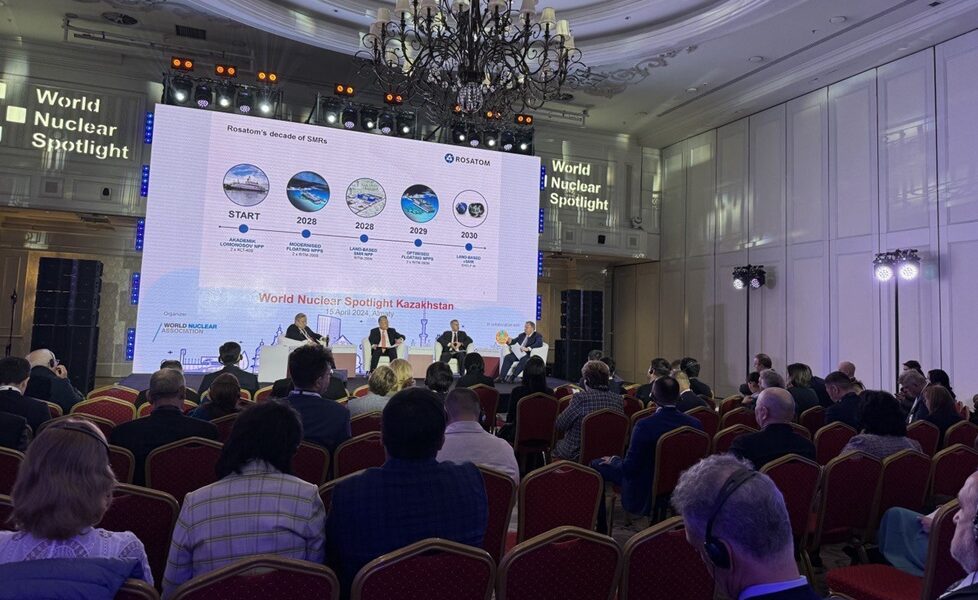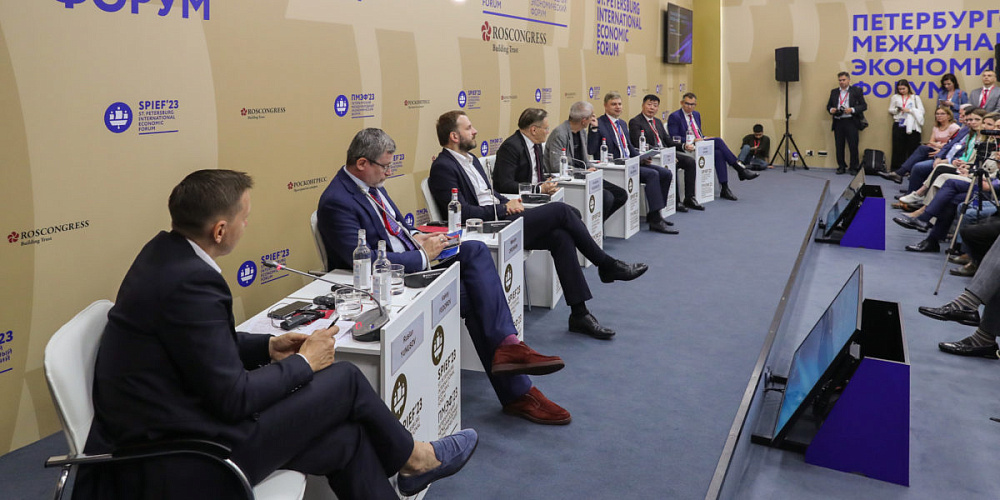On September 26, at the international forum "World Atomic Week 2025 (WAW-2025)," a meeting took place between Rosatom Director General Alexey Likhachev and the Acting President of the Republic of the Union of Myanmar, Senior General Min Aung Hlaing.
The parties positively assessed the progress made in implementing the project to construct a small modular reactor (SMR) in the Republic of the Union of Myanmar, the results of work on developing nuclear infrastructure, and shaping positive public opinion regarding nuclear technologies. Furthermore, the meeting discussed issues of bilateral cooperation in training personnel for Myanmar's nuclear industry, as well as the further development of the national regulatory framework necessary for the successful implementation of the SMR project.
To
structure future work on all areas of mutual interest, a roadmap for
cooperation in the peaceful uses of atomic energy for 2025-2026 was signed.
In March 2025, the Russian Federation and the Republic of the Union of Myanmar signed an intergovernmental agreement on the principles of cooperation for the construction of a land-based low-power nuclear power plant (SMR). The agreement regulates the terms and main directions of interaction between the parties in implementing the SMR project with a capacity of 110 MW, with the possibility of future expansion to 330 MW, and represents an important stage in the development of the Russia-Myanmar partnership in nuclear energy.
The construction of small modular reactors (SMR) is one of the most promising directions for the development of the nuclear industry. All key players are working on creating their own solutions based on small modular reactor (SMR) technologies. These solutions are focused on ensuring a reliable supply of clean electricity to areas with limited grid infrastructure and for powering individual industrial enterprises. Rosatom possesses reference technologies for constructing small modular reactors in both marine and land-based versions. Rosatom's SMR projects offer a reliable source of electricity with a long-term predictable tariff for consumers. This makes SMR technologies highly sought after by major industrial consumers who take a responsible approach to choosing power sources for their production facilities and sites of operation.
Russia
is systematically strengthening cooperation with friendly nations. The
implementation of major joint energy projects with these countries continues.
State Corporation Rosatom and its divisions are actively participating in this
work.



